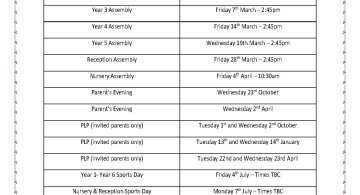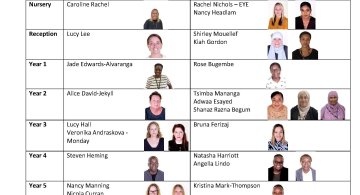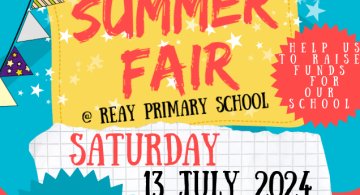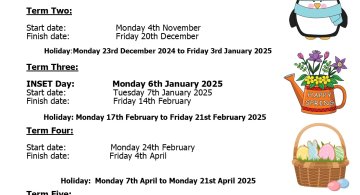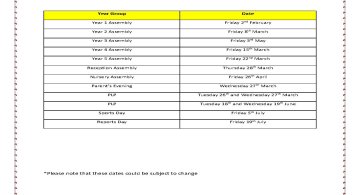At Reay we believe that computing is an essential part of the national curriculum. Computing is an integral part of modern-day life and therefore provides many learning opportunities, explicitly within computing and also across other curriculum subjects. Through the study of computing, children are able to develop a wide range of essential skills, knowledge and understanding that they will need for the rest of their lives. ‘Computational Thinking’ is a skill children must be taught in order to provide them with essential knowledge and skills that will enable them to participate effectively in the digital world. The national curriculum defines three clear aspects of computing curriculum: Computer Science, Information Technology and Digital Literacy. Children at Reay are given the opportunity to develop their knowledge and understanding in each area from the Foundation Stage to Year 6.
KS1
In Key Stage 1 the children learn to understand what algorithms are; how they are implemented as programs on digital devices; and that programs execute by following precise and clear instructions. They are taught to create and debug simple programs and use logical reasoning to predict the behaviour of simple programs. They are shown how to use a range of technology purposefully to create, organise, store, manipulate and retrieve digital content as well as recognise common uses of information technology beyond school. They are taught to use technology safely and respectfully, keeping personal information private; identify where to go for help and support when they have concerns about content or contact on the internet or other online technologies.
KS2
In Key Stage 2 the children design, write and debug programs that meet specific goals. They use sequence, selection and repetition in programs, use logical reasoning to explain how some simple algorithms work and correct errors in algorithms and programs. Children will be taught to understand computer networks, including the internet, and the opportunities they offer for communication and collaboration. They will use search technologies effectively, learn to appreciate how results are selected and ranked, and be discerning in evaluating digital content. They will use technology safely, respectfully and responsibly; recognise acceptable /unacceptable behaviour; identify a range of ways to report concerns about content and contact.
Curriculum Knowledge and Progression in Computing
Online Home Learning Guideline for Parents
Online Home Learning Guidelines for Pupils

